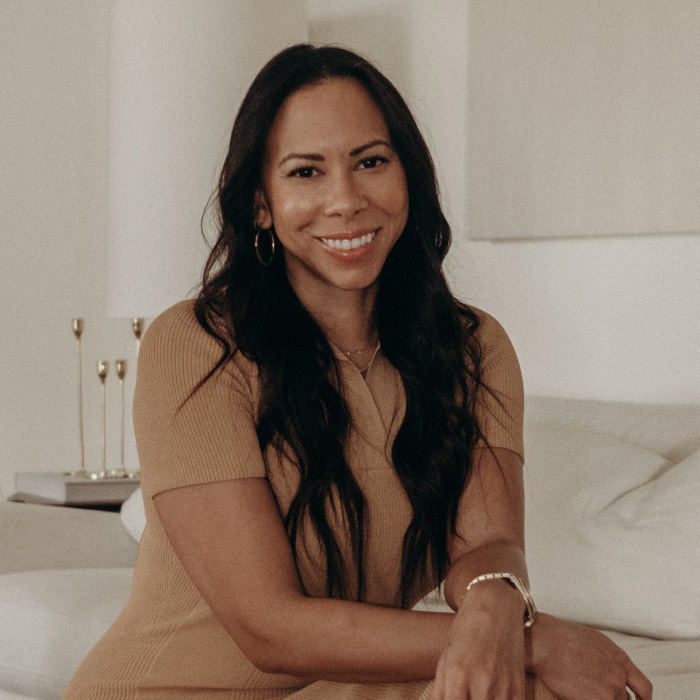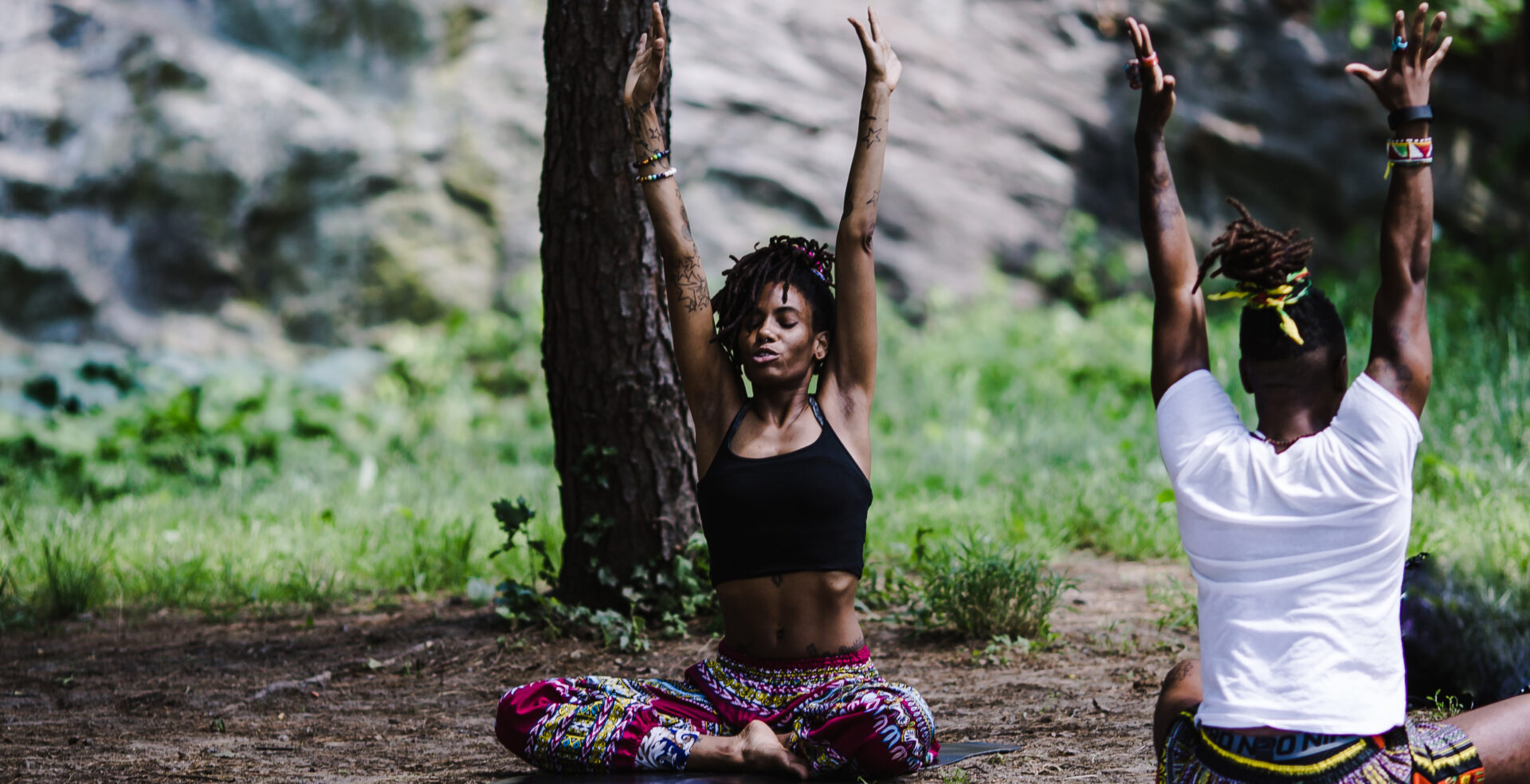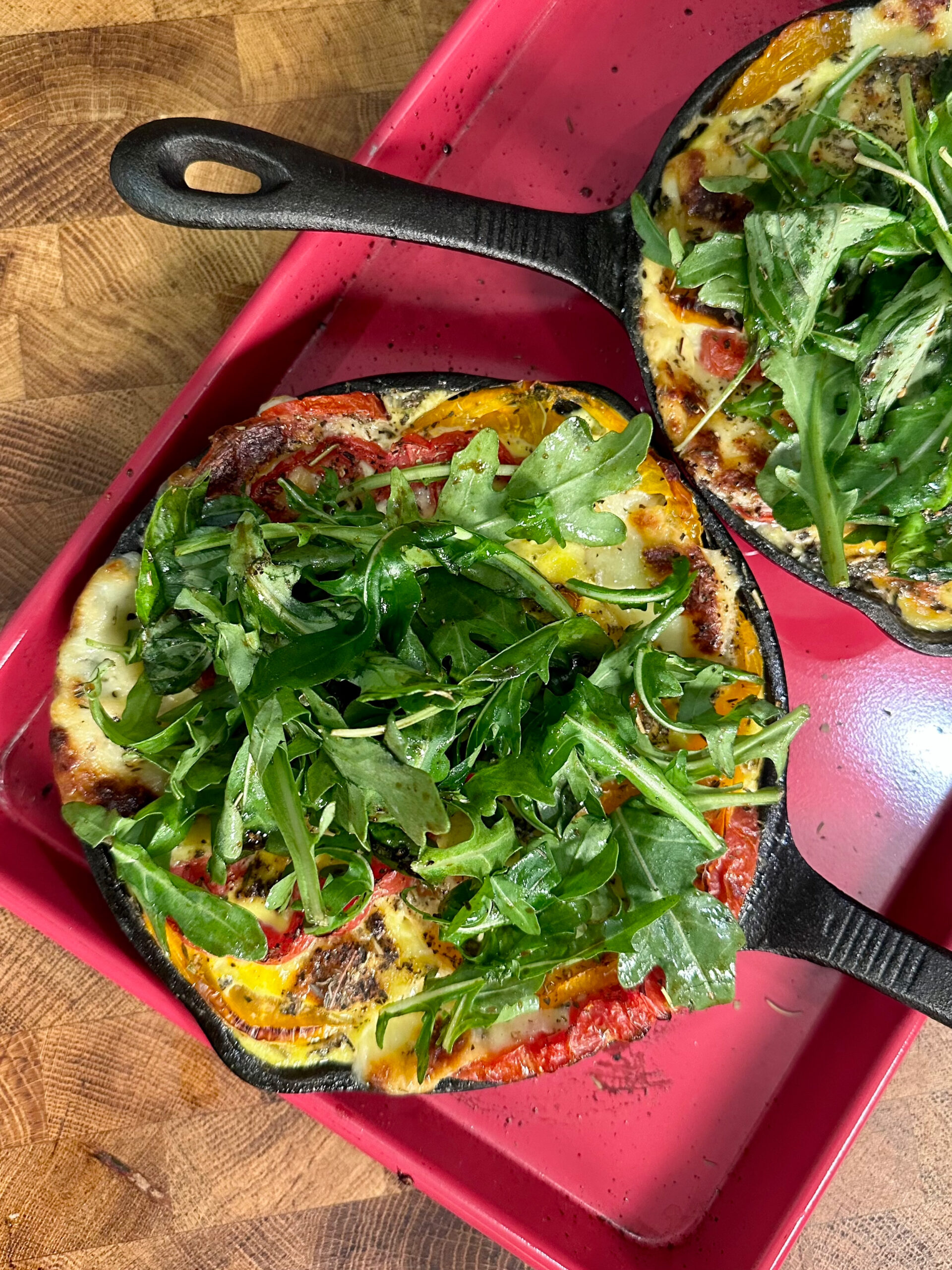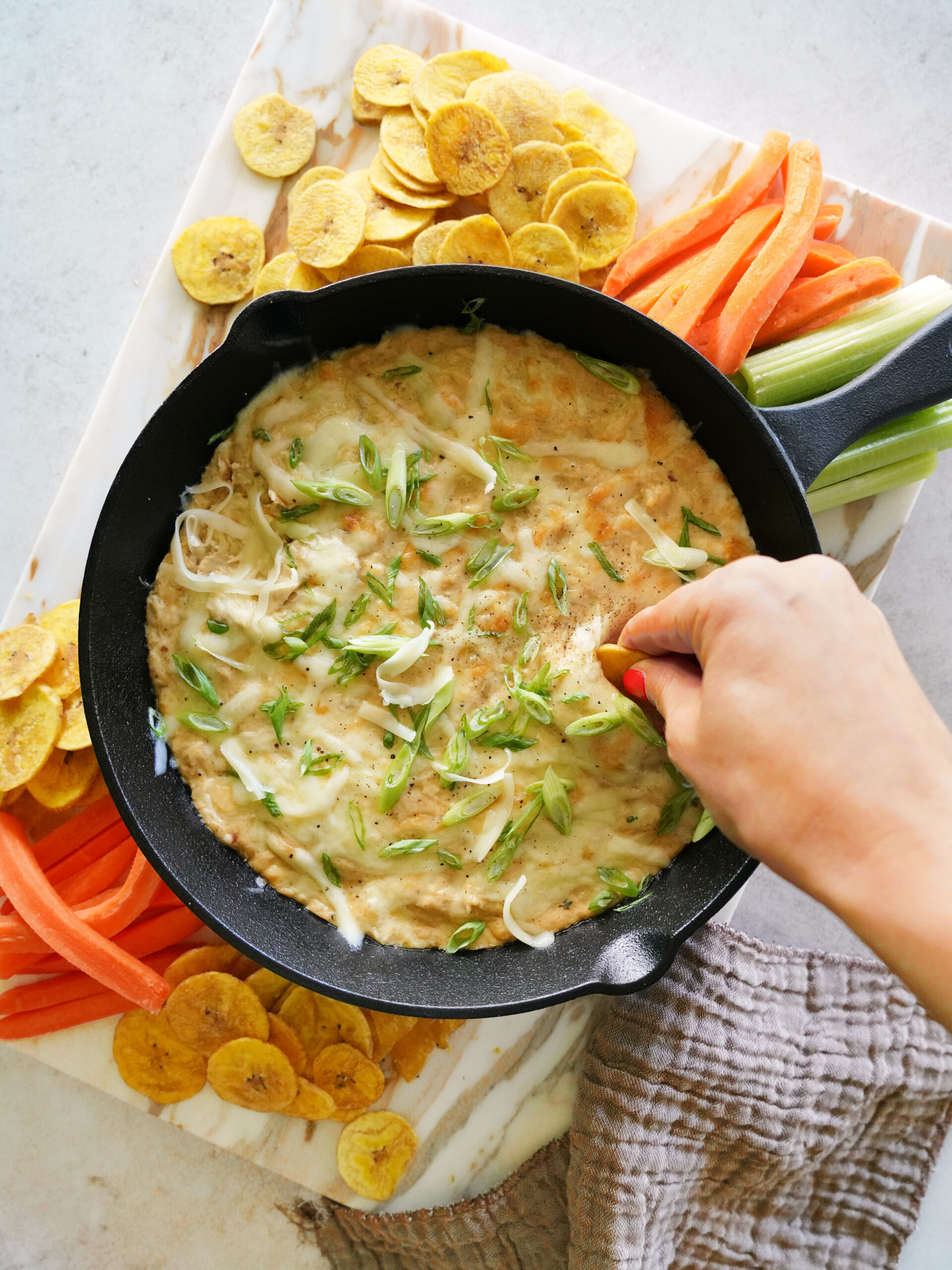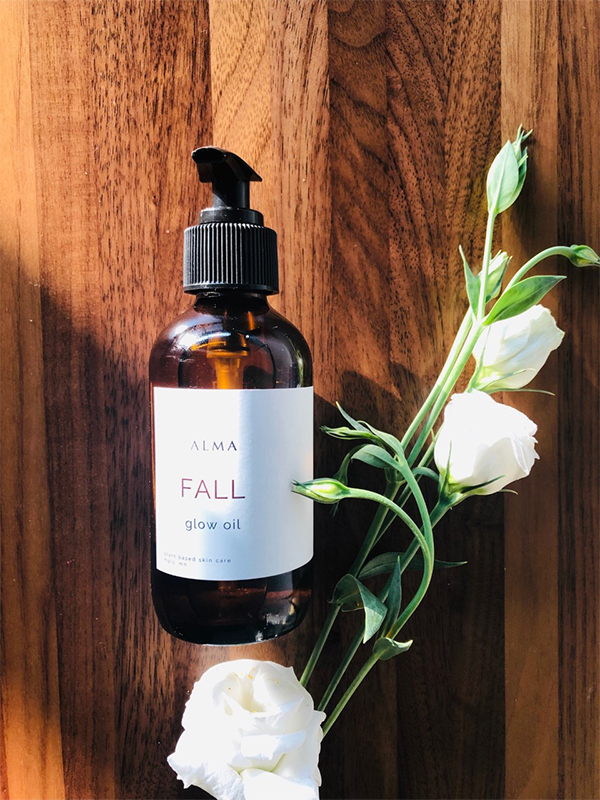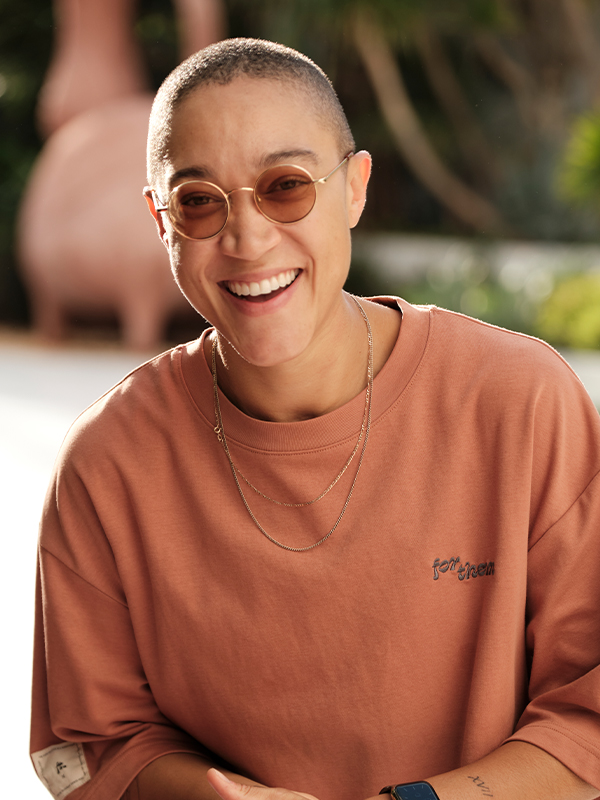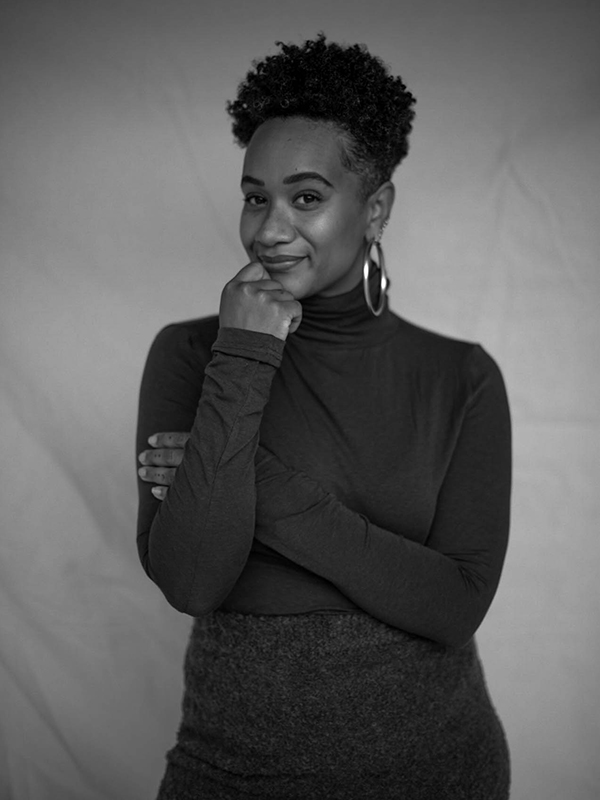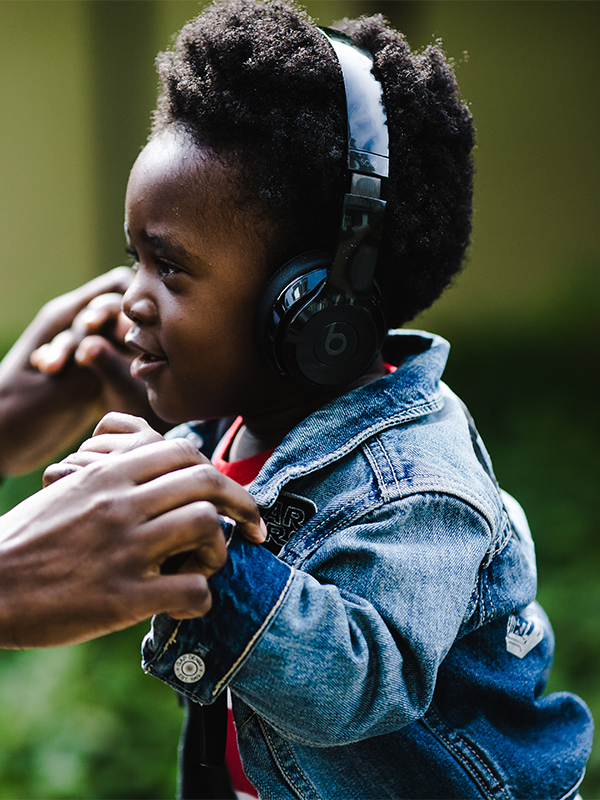In Who Is Wellness For? An Examination of Wellness Culture and Who Gets Left Behind, Fahira Róisín investigates the wellness industry from her own perspective as a Muslim, queer Bangladeshi navigating Western society. Her excavation of the modern term “wellness” combined with her memoiristic reflections about her own struggles dealing with mental health issues and a history of parental abuse is the channel through which she’s come to one jarring conclusion: the wellness industry has become a business, where profit matters more than human health.
Róisín smartly examines the health trends that have been colonized by the Western model of business: meditation, yoga and other Indigenous spiritual practices, which she finds have all been whitened and made profitable by the industry.
“It deeply concerns me that whiteness and capitalism have co-opted wellness,” Róisín writes in the introduction of the book. “I hope through this book we can understand each other a bit better, and we can see the benefit of all of us committing to healing the things that ail us, together.”
Throughout her critiques of the wellness industry, Róisín mentions her need for community, showing the reader how society isn’t currently built for the collective life humans crave. She helped me reflect on how so many of my mental health coping mechanisms are siloing and rigid. And in turn, these solitary coping mechanisms can often emphasize how lonely modern life is, especially for women of color. Her book is a reminder that we need each other to heal.
In honor of Róisín’s book, which gave me so much to think about, I identified six strategies for making mental health care more communal and customizable.
Find a collective activity.
Doing things with your community can create strong bonds and unique experiences. Think: Cooking weekly dinners, taking a new class, starting or joining a book club—all suitable activities to immerse yourself into other people’s company. It’s also important to be consistent: don’t leave socializing for when you’re feeling good versus terrible. The key to feeling emotionally supported is feeling comfortable in someone else’s presence, and that happens through consistency.
Don’t suffer in silence.
When I have a bad mental health period, it’s difficult to remember that others also struggle with similar issues. It feels so lonely. So I keep a list of people I consider kindred spirits who I can reach out to. For women of color, suffering in silence is way too common—we want to appear strong and unbothered. But there’s no shame in sitting down with a loved one and pouring your heart out.
Be available to help people in your community, too!
You know when you need help but you’re ashamed to ask for it? All of us go through that—remember this when you’re questioning whether or not to extend support to a friend who may be afraid to ask for it. Sometimes being a good friend means showing up without a reason to. Perhaps someone needs a meal because they work too much to make it themself, or maybe a parent you know needs some time to relax and you can offer to babysit. Be judicious about how much you can take on, but don’t be afraid to offer support to those around you.
Go enjoy nature.
Nothing makes me feel at peace the way coming into contact with nature does. It’s a great way to restore and recenter in a way that works for you, your mind and your body. I recommend that you make this a regular thing. You get the endorphins of moving your body, the vitamin D of the sun and the wonderful boost of feeling like you belong in the world and with your people. You can’t go wrong.
Lean into your heritage and identity.
A big part of Róisín’s book is about how the wellness industry encourages people of color to erase their heritage to fit into a white-centered society. Róisín found healing in reconnecting to her Bangladeshi roots and to Islam. Often, the rush of daily life can make us forget our roots or not have time to celebrate our heritage. This can leave us unmoored and lost.
I often find that when I cook Colombian food for my friends, it connects me to my Colombian heritage more strongly than if I was just cooking for myself. Sharing my culture is such a pleasurable experience—and it often brings me back to myself. Are there traditions you haven’t celebrated in a while? How can you loop in your loved ones into those traditions? Lean into your heritage without shame and watch your community appreciate you in your fullness!



